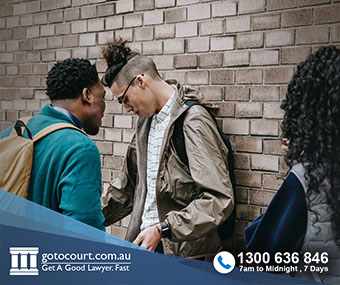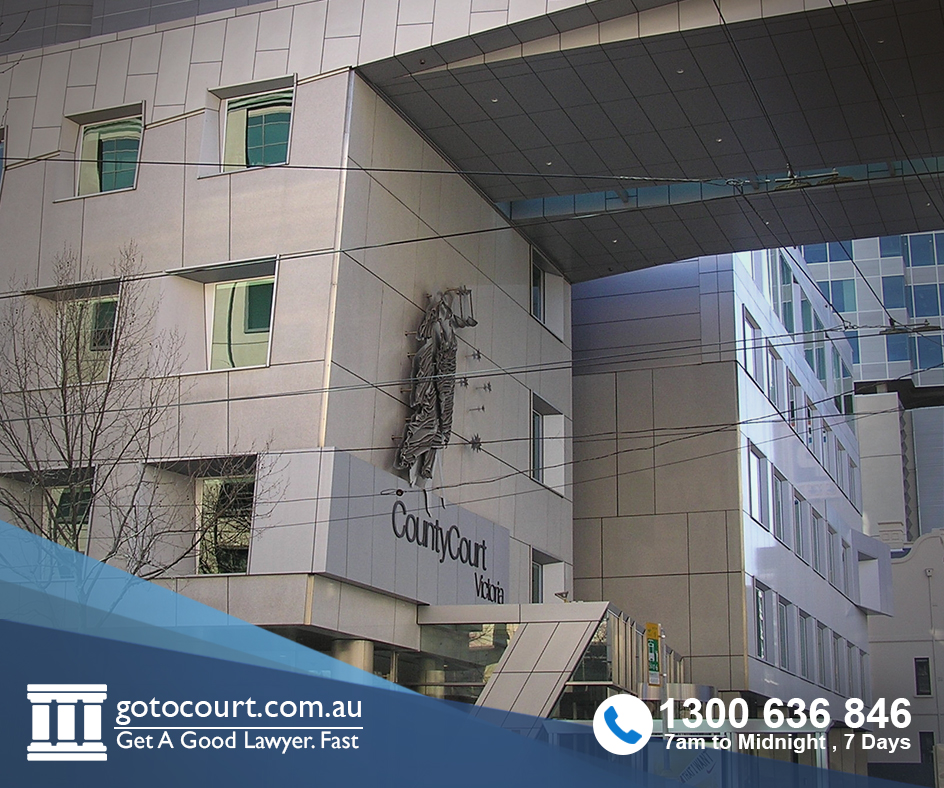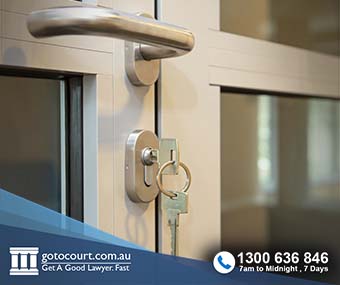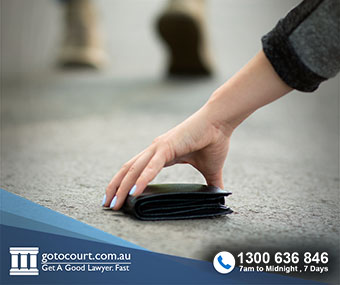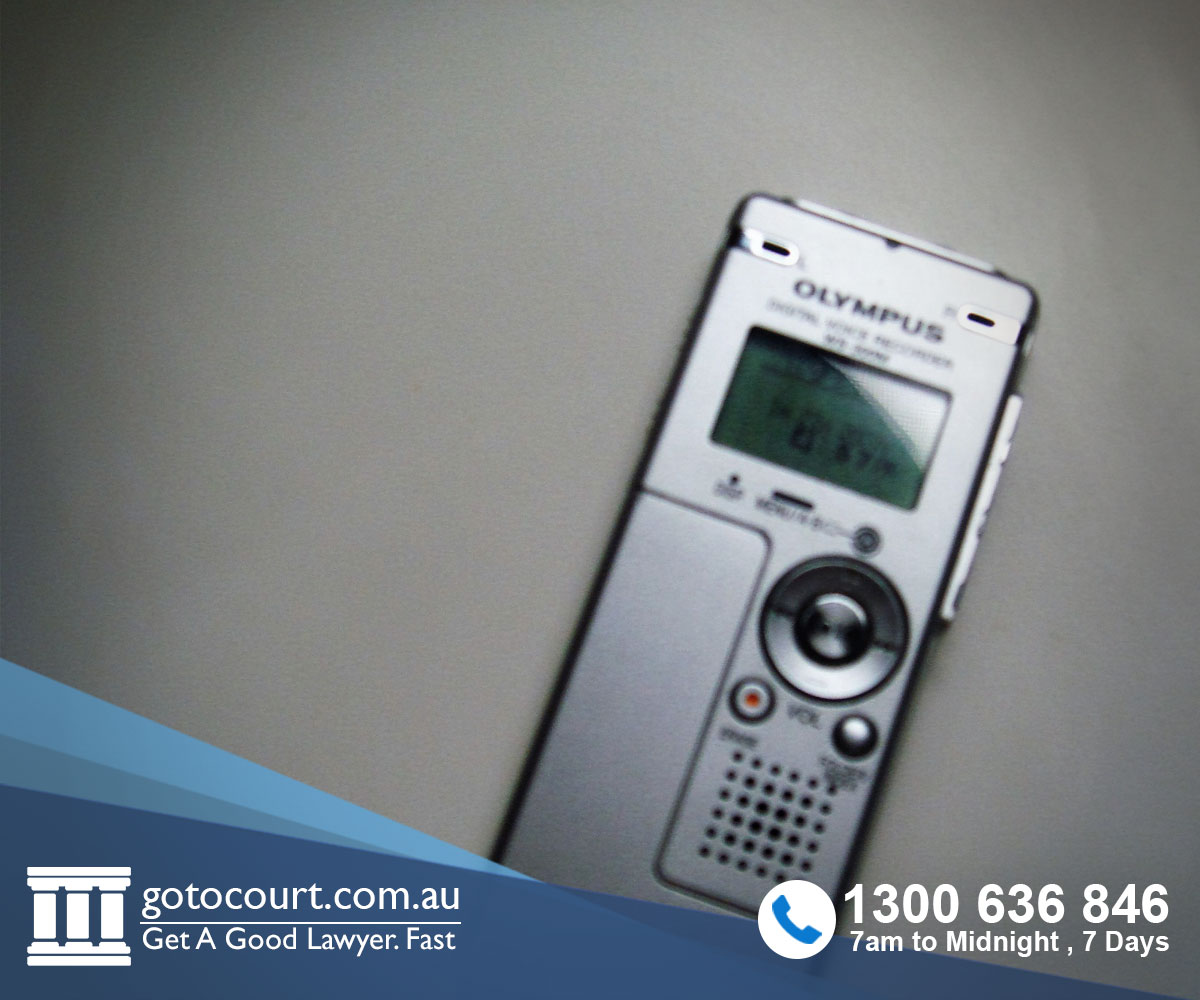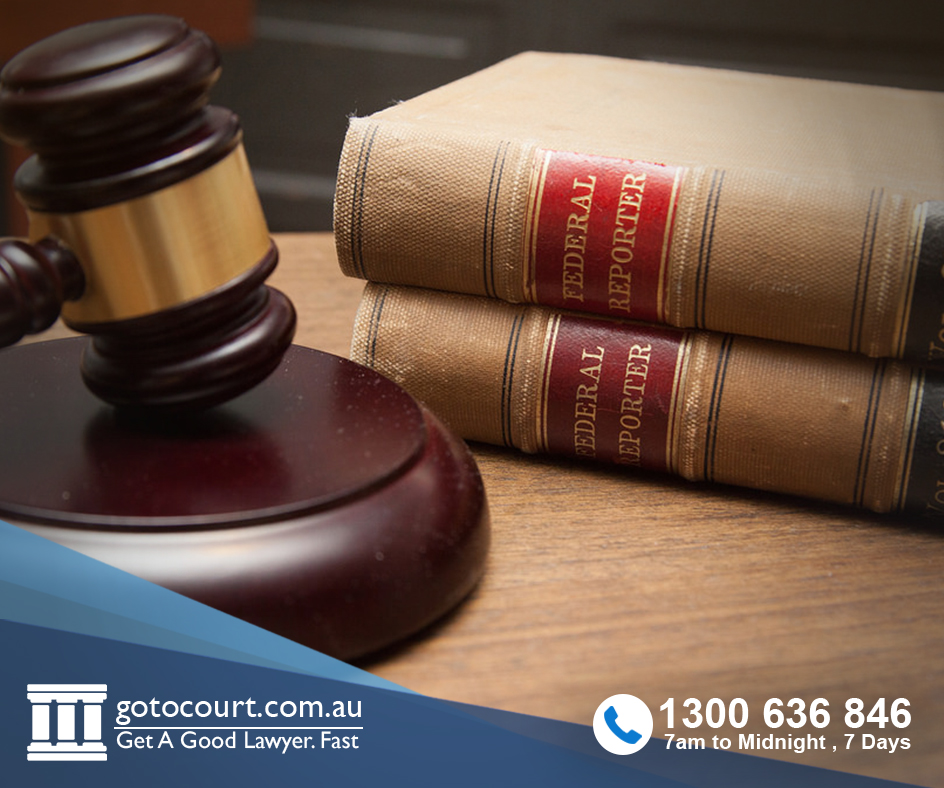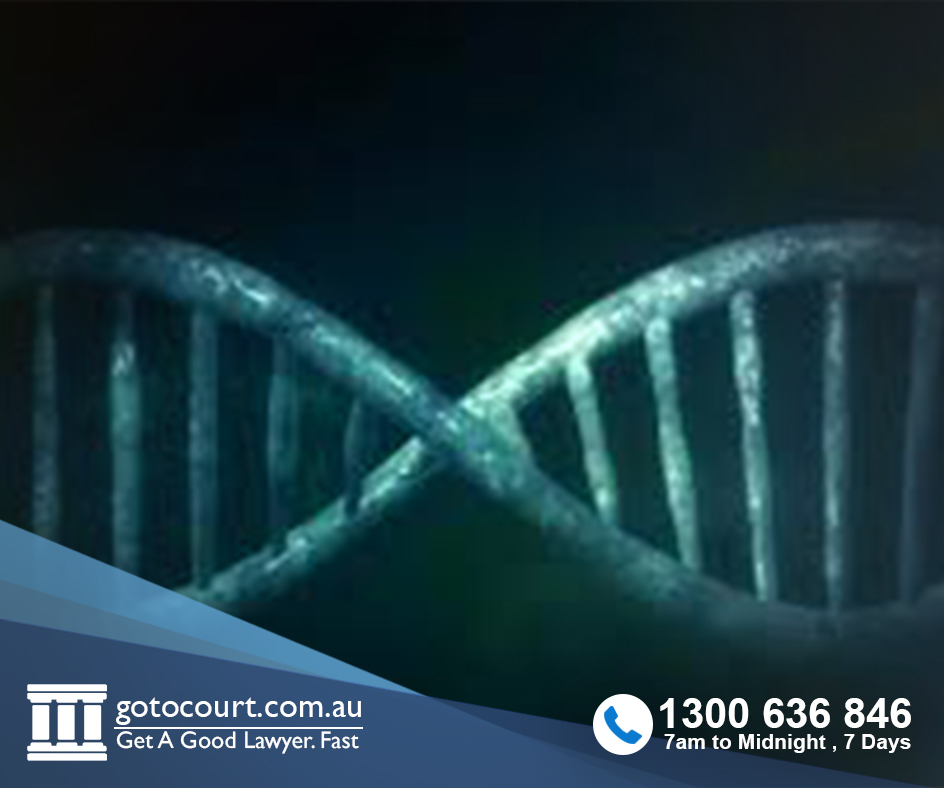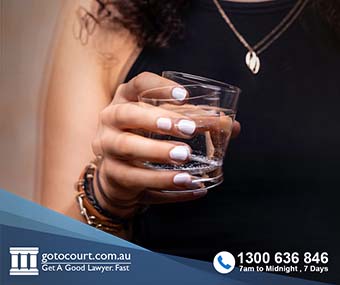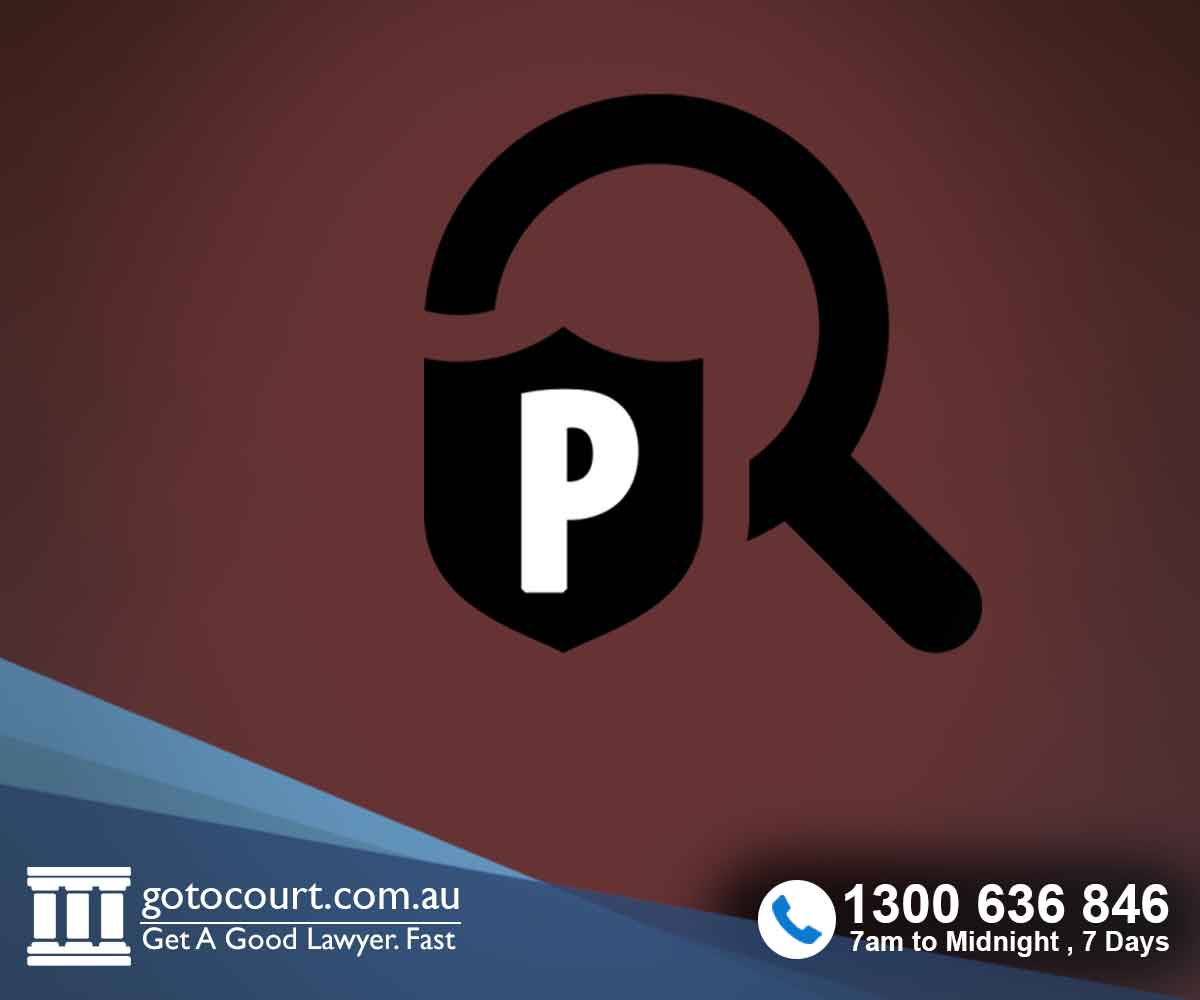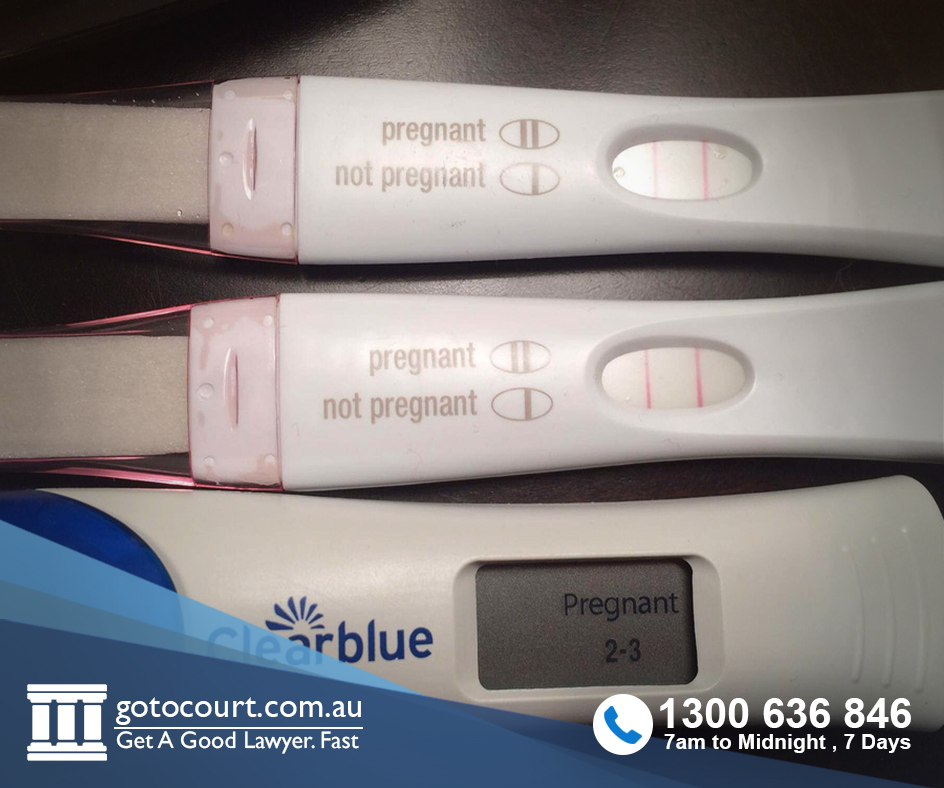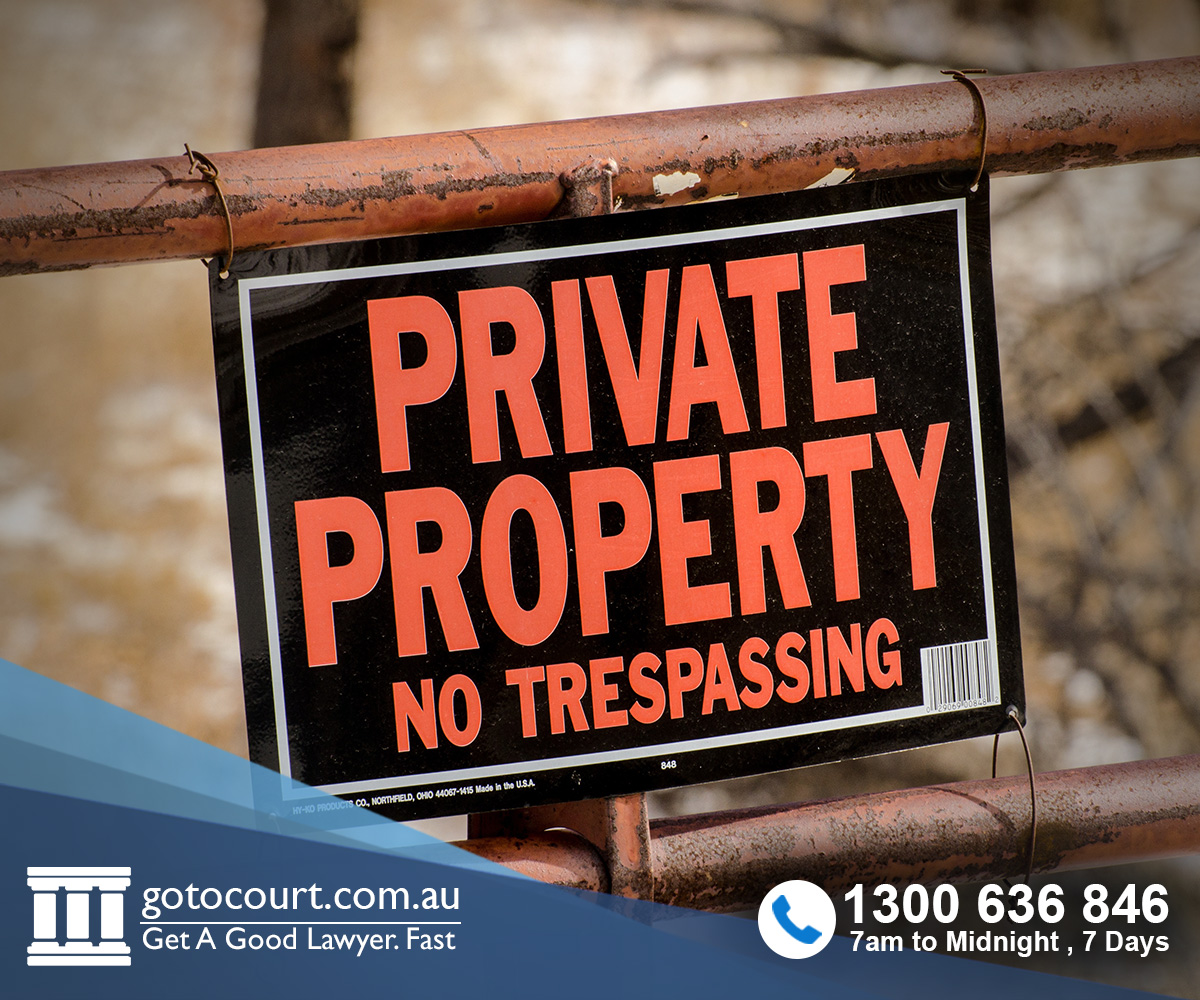Relevance and Admissibility (Vic)
Relevance and Admissibility (Vic)
The evidence used to prove a case can take many forms, including witness testimony, objects, audio or visual recordings, documents, and facts that are agreed upon between the parties. The Evidence Act 2008 establishes a complex set of rules that apply to different types of evidence and the ways they can be used. But the first and most fundamental question that applies to all evidence is simple: is it relevant? What constitutes relevance is set out in Section 55 of the Evidence Act 2008. Evidence is relevant if it could rationally affect the assessment of the probability of the existence of a fact in issue in the proceeding. Evidence is admissible in a proceeding if it is relevant to the proceeding.
Relevance in criminal proceedings
Let’s take criminal proceedings as an example. The issues for determination by the court are whether the crime was committed, the role of the accused in any agreement with others to commit the crime, and whether the accused has a defence to the charge. Each of these issues is comprised of a number of elements that must be proven through evidence by the party raising the issue. The prosecution alleges a crime was committed and so must prove all the elements of the crime. An accused relies on a positive defence such as duress or mental impairment and so must prove the elements of that defence.
Proof of a disputed fact
Each element requires proof of a fact – or a series of facts – and each fact may be the subject of dispute. Only evidence that is logically connected to those facts in dispute, or related facts that go to their proof, is relevant and admissible. This is true even if the evidence is only marginally connected to those elements or facts. For evidence to be logically connected to a disputed fact, the evidence must make that fact more or less likely to exist, as a matter of logic. If the tribunal of fact – a magistrate, a judge, or a jury
– could not reasonably accept that the evidence makes the existence of a disputed fact more probable, the evidence must be ruled inadmissible based on lack of relevance.
For example, if you are charged with stealing something from a shop, the prosecution must prove that you did it. In other words, they must prove the identity of the culprit. By itself, evidence that you like to shop at that store and that you go there often does not prove that you were there on the day the theft occurred, much less that you took the item said to be stolen. Consequently, CCTV footage of you attending the shop three days before the theft will not be relevant and will be ruled inadmissible.
More likely than not to be relevant
The court may accept the relevance of evidence on the basis that it is more likely than not to be relevant to a material fact. The court may reserve its decision about the relevance of a particular piece of evidence until its connection to a material fact is demonstrated by further evidence a party intends to adduce. In the theft example used above, the court might consider the CCTV footage to be relevant if the prosecution intends to produce other evidence that, together with the CCTV footage, makes it more likely that it was, in fact, you who was there on the day and who stole the item.
Reliability and fairness
Clients often feel that certain evidence is unfair or unreliable. For example, the testimony anticipated to be given by an ex-partner who now detests them, or a photograph plucked from Facebook that has been taken out of context. Determining whether evidence is relevant does not involve a judgment about whether it is reliable or fair. Both those questions are subject to other tests of admissibility.
If you require legal advice in a criminal matter or in any other legal matter, please contact Go To Court Lawyers.

Affordable Lawyers
Our Go To Court Lawyers will assist you in all areas of law. We specialise in providing legal advice urgently – at the time when you need it most. If you need a lawyer right now, today, we can help you – no matter where you are in Australia.How It Works




1. You speak directly to a lawyer
When you call the Go To Court Legal Hotline, you will be connected directly to a lawyer, every time.

2. Get your legal situation assessed
We determine the best way forward in your legal matter, free of charge. If you want to go ahead and book a face-to-face appointment, we will connect you with a specialist in your local area.

3. We arrange everything as needed
If you want to go ahead and book a fact-to-face appointment, we will connect you with a specialist in your local area no matter where you are and even at very short notice.


